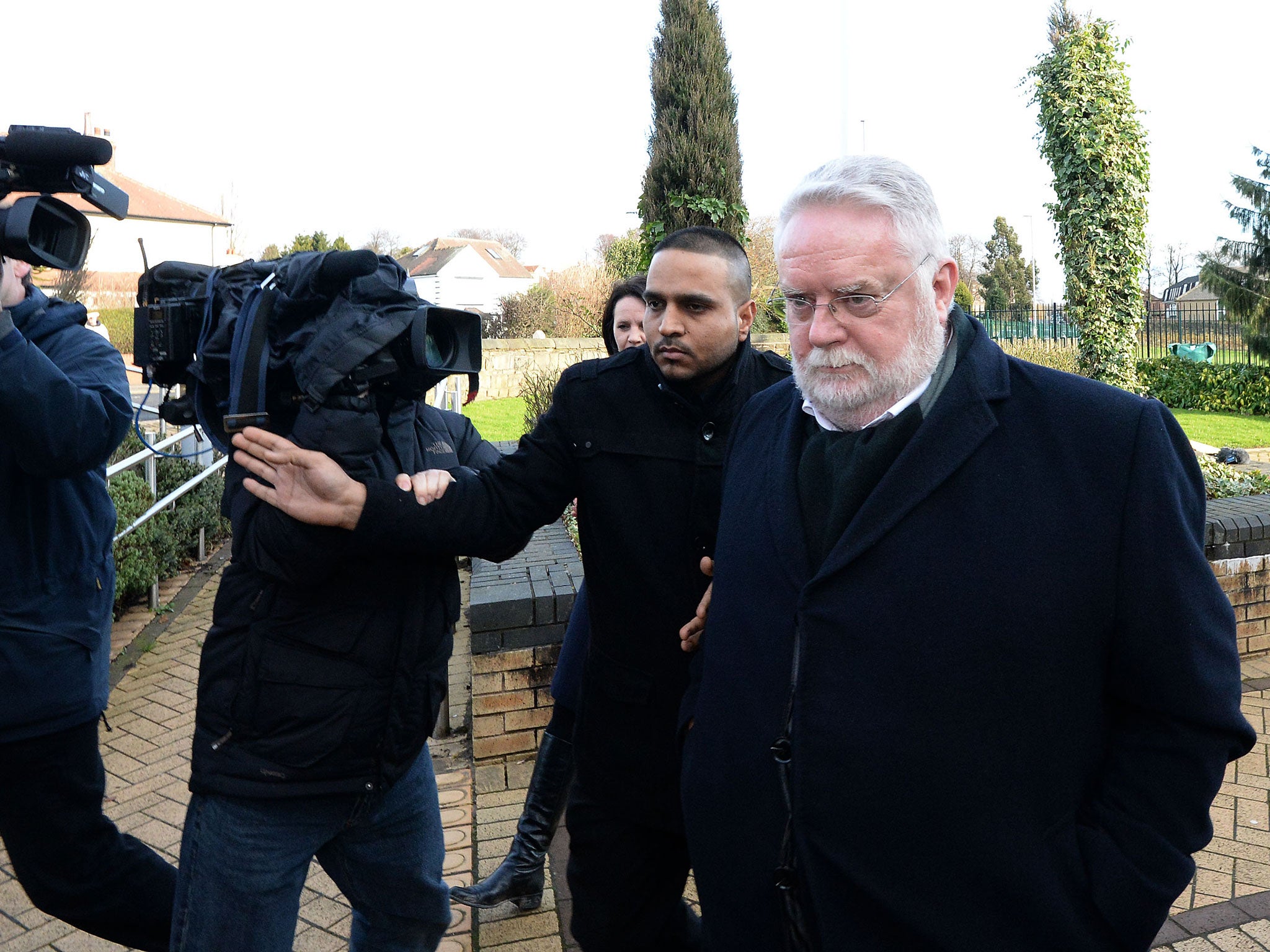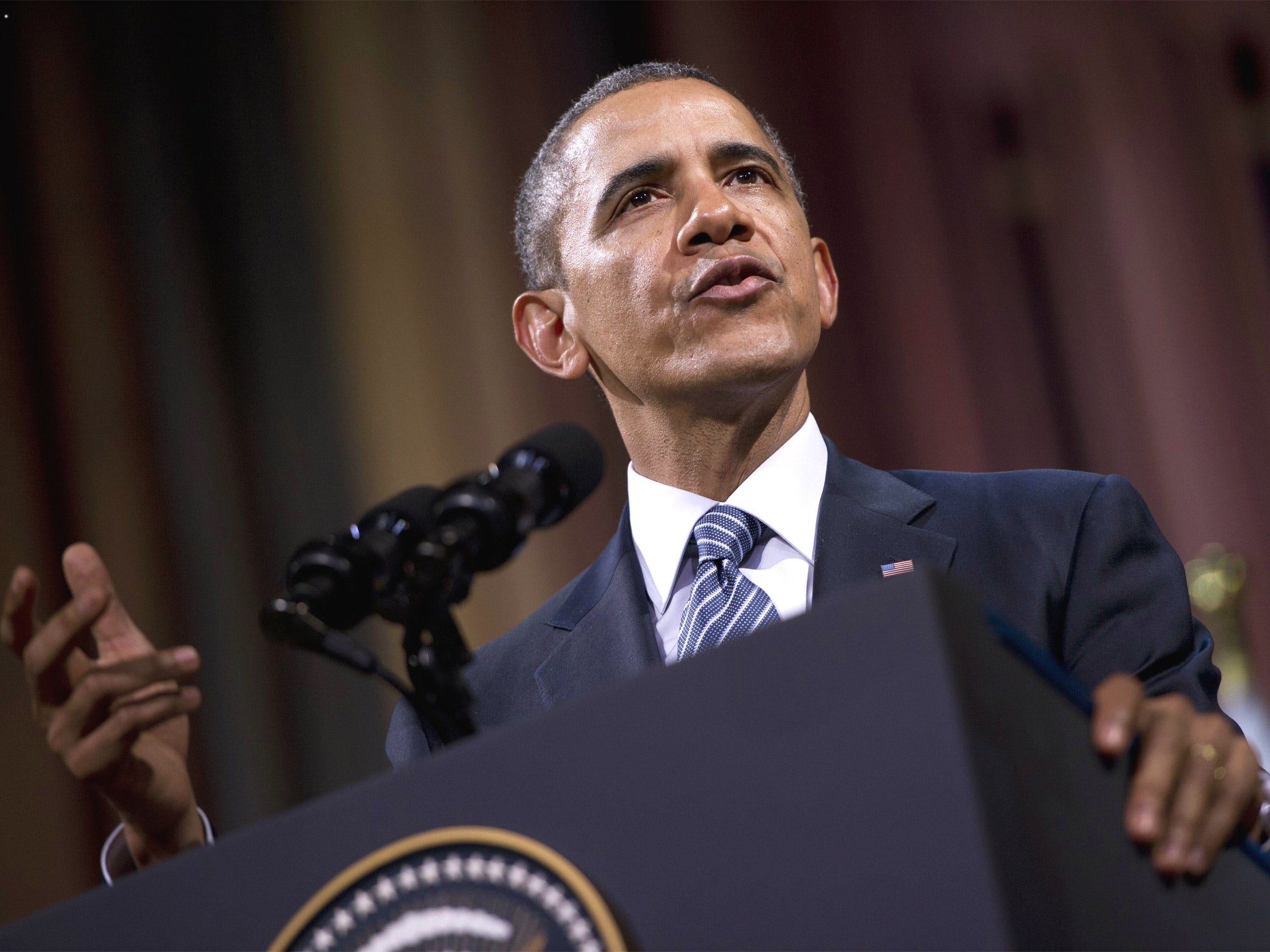Reverend Paul Flowers has revealed himself for what he is: the consummate fantasist, blaming everyone except himself
Nobody goes forward for a job without considering his or her own suitability


Much was revealed in Jeremy Paxman’s interview of the disgraced boss of the Co-operative Bank on the BBC’s Newsnight programme. For we saw Reverend Paul Flowers give his self-serving answer to the question about how to live with oneself after a disaster for which you are both held responsible and publicly humiliated: you construct a narrative that shows that it wasn’t really your fault – you were just unlucky.
But first, how did Flowers come across? This is a story of a rise and fall and you could see immediately that he had the skills to climb to a high place. He conducted himself intelligently; he was fluent and his replies were well phrased albeit in a courtly style. He would say in mock modesty – “if I might be so bold” or “forgive me but…”.
Then came the excuses. Some were concerned with his personal circumstances. His mother was dying, so he was naturally distracted. And we must also understand that he himself was ill. He has since checked himself into a clinic to seek help for his “addictions”. I will come to these addictions later for they are the key.
Flowers’s main line of defence came when Paxman asked him: “What was it that made you think you were qualified to run a bank?”
His startling reply was: “I didn’t.” In other words, don’t blame me.
He then went on: “It wasn’t my job to make a judgement of whether I was qualified. Others made a judgement that I was the right and appropriate person.” And then he listed who these others were – the selection panel that unanimously chose him, the board of the bank that unanimously approved his appointment, the board of the group that did likewise and finally the regulator, the Financial Services Authority, which inexplicably found no fault in his lack of banking experience.
But nobody goes forward for a job without considering his or her own suitability. Thus the phrase “it wasn’t my job to make a judgement of whether I was qualified” was at least partly an extreme version of the technique of blaming others for your own faults.
What about the acquisition of the Britannia Building Society that nearly bankrupted the Co-operative Bank? In dealing with the consequences, as he had to do, he emphasised: “All decisions taken were not by me personally but by the board as a whole.”
But, exclaimed Paxman, “You are the embodiment of the values of the bank as chairman, aren’t you?”
Again came the disclaimer of responsibility: “I am one of them. I hope I am not the only one.”
Finally, as a minister with the Methodist Church, Flowers was asked whether he had sinned. “Of course I have … (but) I am not better or worse than any number of other people,” was the reply.
So let’s start at the other end, that is with the addictions to sex and drugs. Both were expensive and, moreover, they must be kept secret. The Mail on Sunday alleged some bargaining with rent boys. Earlier this month one claimed that Flowers “paid him £500 per night but still owes £1,000”. Whether or not this is true, it is likely that Flowers constantly had to find large amounts of ready cash – hence the importance of landing the well-paid job as chairman of the Co-operative Bank whether he felt qualified to do it or not. So when he said that it was for others to judge whether he was suitable, it was more than just blaming others. What he really meant was that it was down to them whether they were fooled or not by his impersonation of a conventional chairman of a bank.
So how did he get by? Again, the Newsnight interview gave the clues. He relied on learning the part just before he had to play it. When asked what did he regret most, he replied, “Not taking more advice”, which meant, in this context, not securing sufficient coaching.
Then suddenly, in a flash, in front of the Treasury Select Committee of the House of Commons, he was found out. Give us an idea, asked Andrew Tyrie, the chairman of the committee, of roughly what were the balance-sheet assets of the bank? Notoriously, Flowers answered £3bn – “Those were the figures I have just looked at recently”. Unfortunately, he had misremembered his homework. For as Tyrie quickly pointed out, the correct answer was £47bn. At last Flowers was seen for what he was: a sham.
Obama’s quite right: Russia’s not the USSR
For my taste, Barack Obama was on good form during his visit to Europe this week. I particularly liked his reference to Russia as only a “regional” power. All the talk of the stand-off over Ukraine being the beginning of a new Cold War had mistakenly elevated Russia into the ranks of the Great Powers. But Russia is not. Only the US and China fit the bill. The American President also rejected the suggestion made by Mitt Romney that Russia was the United States’s principal geopolitical foe. The President said he was considerably more concerned about the threat of a terrorist nuclear bomb attack on New York.

Indeed, as Professor Michael Kuczynski of Pembroke College, Cambridge has recently pointed out, the Russian economy is relatively small, unbalanced and inefficient. Its gross domestic product, appropriately adjusted for purchasing power parity, is less than 30 per cent of the combined output of the three largest Western European economies, and less than 15 per cent that of the US. Moreover, it has deindustrialised so far and so fast that its manufacturing base is now less than 15 per cent of economic activity, and its exports are almost wholly raw materials. Nearly 60 per cent of these comprise energy products for which the world market now seems to be moving into solid-net surplus.
Then, in the big set-piece speech that the President gave in the Palais des Beaux-Arts in Brussels, he reminded his audience that, after all, unlike the Soviet Union, Russia leads no bloc of nations, no global ideology. He might have added that even inside Russia, brave citizens have demonstrated against Vladimir Putin’s intervention in their tens of thousands.
Nonetheless, President Obama did the business.

Join our commenting forum
Join thought-provoking conversations, follow other Independent readers and see their replies